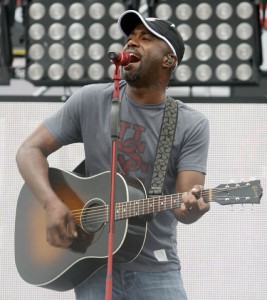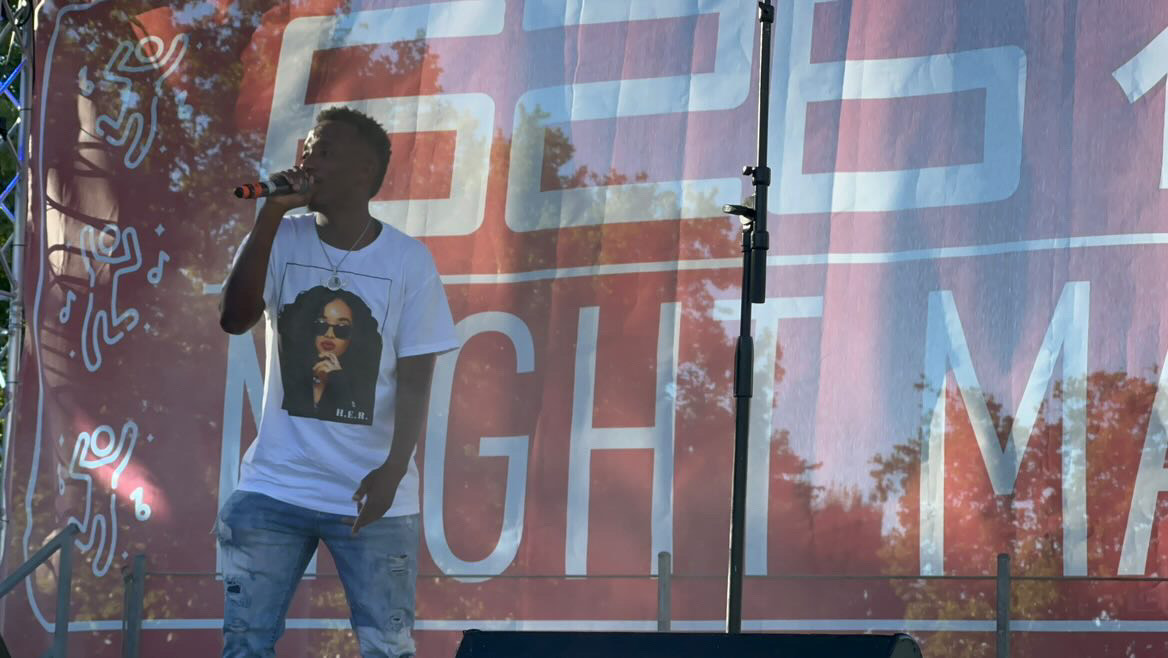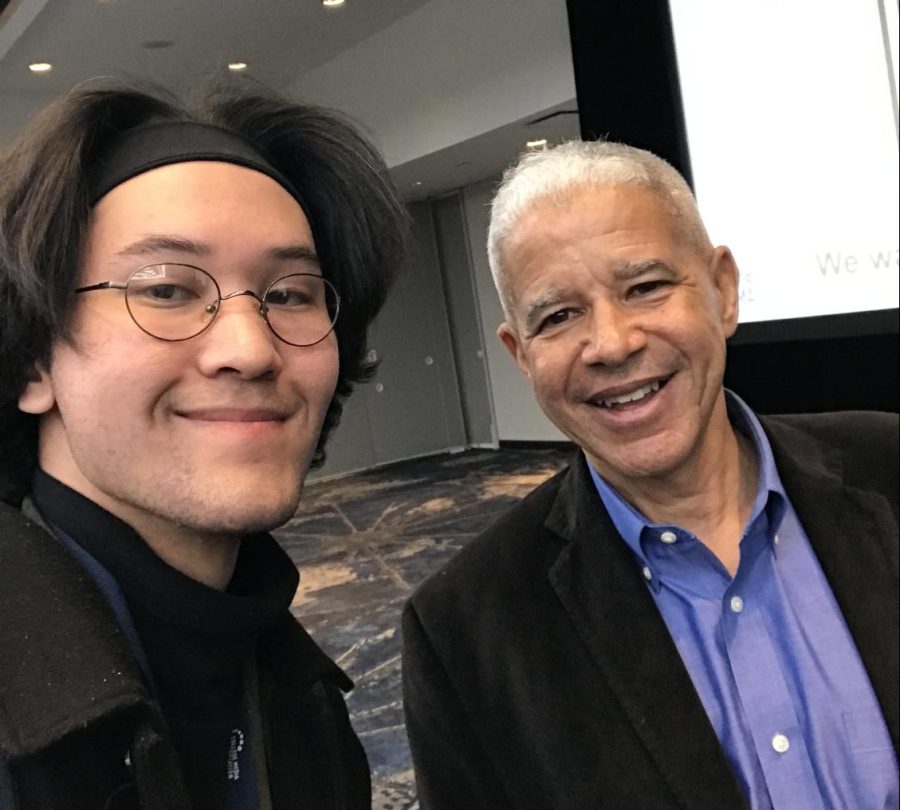 At the risk of dating myself, I, like many children who came of age in the 1990s, remember when the music world was ruled by a man named Hootie and his band, the Blowfish.
At the risk of dating myself, I, like many children who came of age in the 1990s, remember when the music world was ruled by a man named Hootie and his band, the Blowfish.
All right—there wasn’t actually a man named Hootie, but there was Darius Rucker, who, along with three friends from the University of South Carolina, formed one of the biggest musical acts of the decade.
Hootie & the Blowfish’s 1994 debut album “Cracked Rear View” has gone platinum 19 times and is currently the 15th bestselling album of all time in the United States.
Sometimes described as “frat-boy rock,” Hootie & the Blowfish took the country by storm.
However, they quickly became overexposed and their megahits such as “Hold My Hand” eventually wore out their welcome.
Staying together until 2008, the band could never top the success of “Cracked Rear View.”
That same year, Rucker surprised the world by announcing that he would embark on a solo career in country music.
Many people wondered if America would be receptive to an African-American country music
superstar.
Once they heard his music, however, it became clear that Rucker was no mere novelty act.
His first solo album, 2008’s “Learn to Live,” went all the way to number one on Billboard Magazine’s Top Country Albums.
Last month, Rucker released the follow-up, “Charleston, SC 1966” which has already reached number two on Billboard’s Top 200.
Rucker has said that his love of country music stems from his childhood in South Carolina, when he would listen to local country stations on AM radio. His music influences range from country great Buck Owens to soul legend Al Green.
“Growing up as a kid I never thought ‘this is R&B music, this is country, this is rock’—to me, it was just music,” Rucker recently told Bloomberg News, “I really feel that I can sing whatever I want to sing.”
Without question, Rucker can sing. He proves that a musician does not need to have the prototypical country voice, or look, to make an outstanding country album.
They do need to have a homespun, Southern-fried sound, though, which generally touches on themes of family, relationships and of course, the love of one’s country.
Oh yeah, and steel string guitars don’t hurt either.
Highlights from “Charleston, SC 1966,” named after Rucker’s hometown and birth year, include the single “Come Back Song.” Rucker sings “this is my my-bad, come back song” to, what else but a lost romantic involvement.
On “This,” Rucker exclaims, “thank God for all that I’ve missed ‘cause it lead me to this,” reconciling his past mistakes as necessary steps in life.
Perhaps it was his days of being called Hootie that led him to this redemptive state.
Like his work with “Hootie and the Blowfish,” Rucker’s solo material is a little corny, but America likes corny.
As his song goes, maybe we could all benefit from a “Southern State of Mind,” “where they drink sweet tea and they raise you to be polite.”










